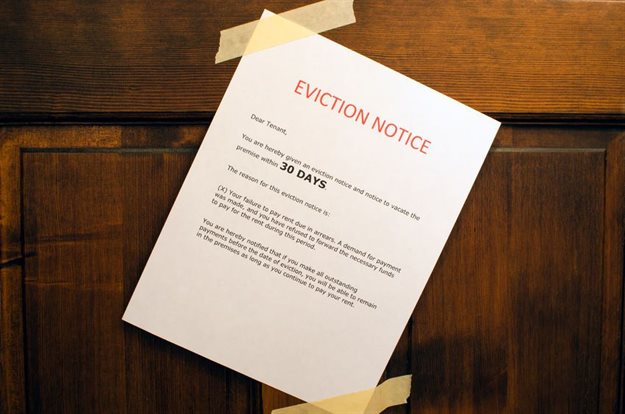
“During the original lockdown timeframe, no-one could move, and evictions were not permitted. During Alert Level 3 and 4, people are now permitted to move, subject to complying with certain requirements,” says Pearl Scheltema, CEO of Fitzanne Estates.
“Evictions are still not permitted, however, an application for an eviction order may be brought before the courts, which are now able to hear cases and grant eviction orders. In addition, Sheriff services have resumed, and the Deeds Office is open, and consultations related to evictions will take place.”
This means that an attorney is permitted to prepare an order for eviction, which may be granted during Level 3. “However,” Scheltema cautions, “the order is suspended and cannot be executed until the last day of Level 3.”
“It’s called a process for a reason,” says Scheltema. “There are many steps involved and you must follow them in order. Eviction is a legal process that must be conducted via the courts and requires an eviction attorney. A landlord cannot evict a tenant without going through due process of law. When there is a written lease agreement in place, a breach of the conditions of the lease is enough reason to cancel the lease.”
The most common cause of lease cancellation is rent not being paid in full or on time. “If you were in a position of having an overall good tenant who usually paid rent on time and they have only defaulted due to lockdown, I would recommend you be a little more lenient. Allow the tenant time to negotiate a plan with you,” advises Scheltema.
“If it takes a month or two to find a new tenant, that is lost income, and you may even find you have to drop the rent to get new tenants. In the long run, it’s better to accept an equivalent loss of income from a good tenant than to expose yourself to the unknown.”
Scheltema explains the steps involved in an eviction.
If you decide to go ahead with the eviction process, you must start by giving the tenant written notice that they have breached the contract and allow them time to make good on paying their rent. Give them a specific time frame in which to catch up with the outstanding payment.
The time-frame will be determined by the terms of the lease. If not specified, it will be 20 working days, in accordance with the Consumer Protection Act. If there is no written lease, the landlord must give a full calendar months’ notice. If the tenant manages to pay the arrear rent, the matter is finished and there’s no need to continue with the matter.
However, if the breach is not remedied, the next step is to serve a letter of cancellation on the tenant. With luck, the tenant vacates the property at the end of the notice period. If so, you are free to find another tenant – hopefully one who can pay the rent. However, should the tenant disregard the lease cancellation, you may decide to start the eviction process. At this stage, an eviction lawyer is required.
You must apply to the court to have an eviction notice served by the Sheriff on the tenant – who is now considered an unlawful occupier rather than a tenant. A court date is set, and a deadline given for the unlawful occupier to file an opposing affidavit to oppose the eviction.
In court, the order will either be granted, or the case will be postponed for further fact-finding. In the case of vulnerable individuals such as children, the elderly, disabled people, or woman-headed households, the court may want to ensure the unlawful occupier can find alternative accommodation and/or that you have behaved fairly and reasonably throughout.
If the court is satisfied that the case for eviction is sound, the tenant/unlawful occupier will be given time to vacate the property.
Only if, despite this process, they fail to vacate the property within the specified period, the Sheriff will be authorised to remove them and their belongings from the property. The cost of this will be borne by the tenant. Landlords may not change the locks, physically remove personal property, or behave in a threatening way toward the tenant; only the Sheriff may take any physical action against the tenant.
“Finding a loyal tenant that will look after your property can be a tedious exercise. Making sure your rent has been paid in time, handling routine maintenance of the property and securing a deposit and, yes, evicting defaulting tenants, are any owner's nightmare. Engaging the services of a property management company could very well be in your best interest,” advises Scheltema.